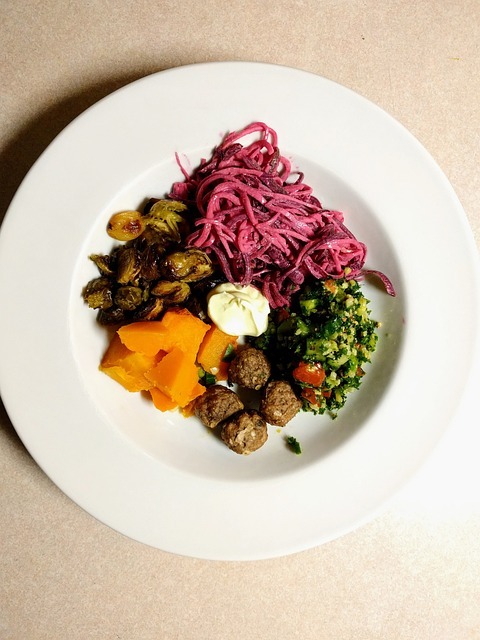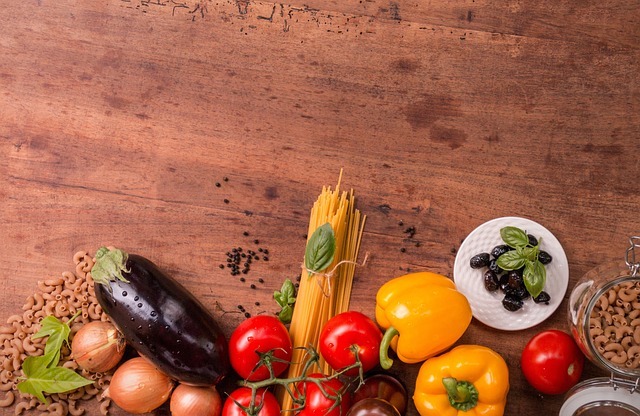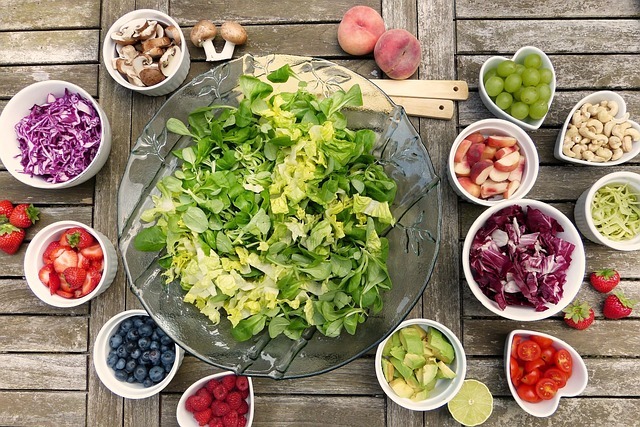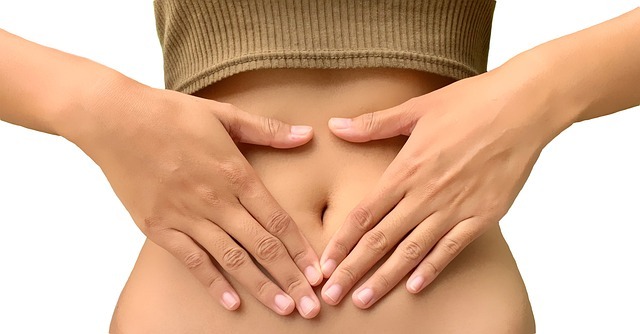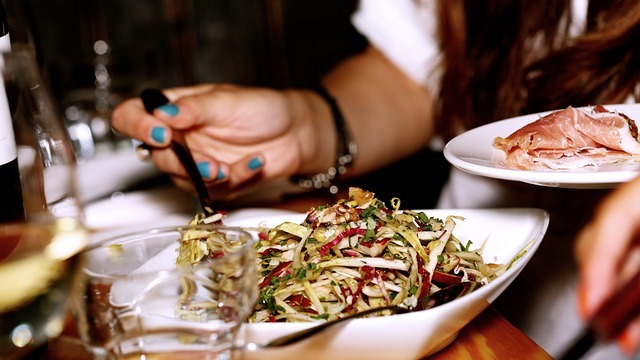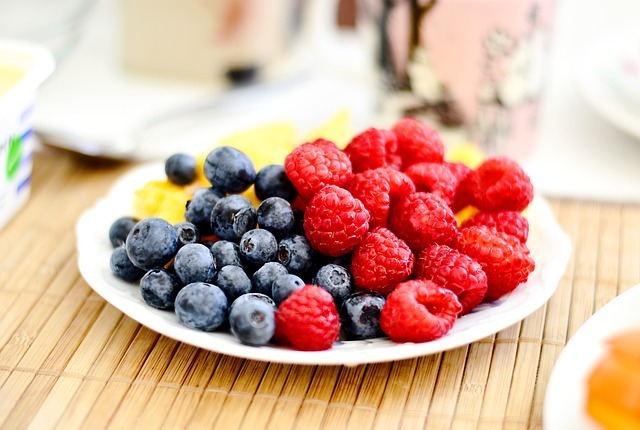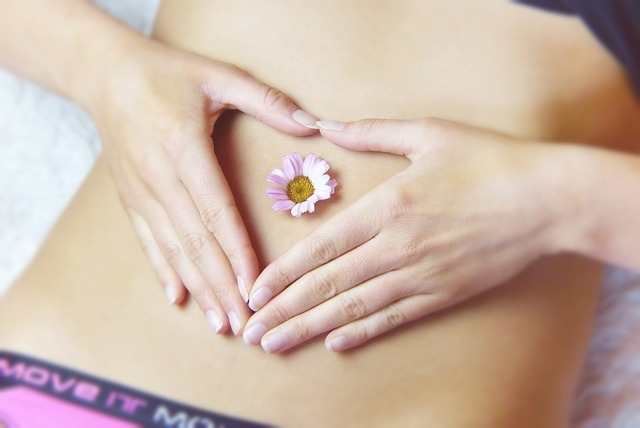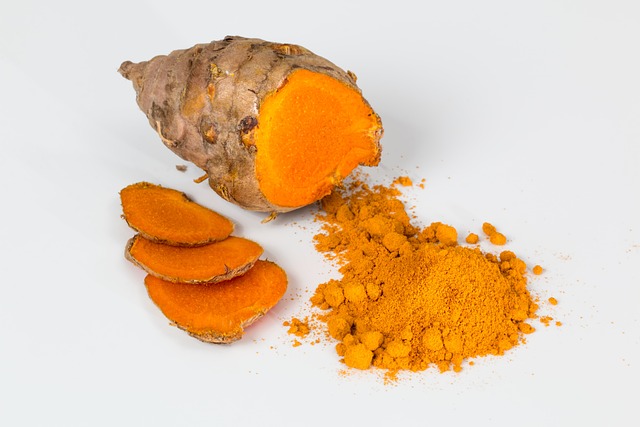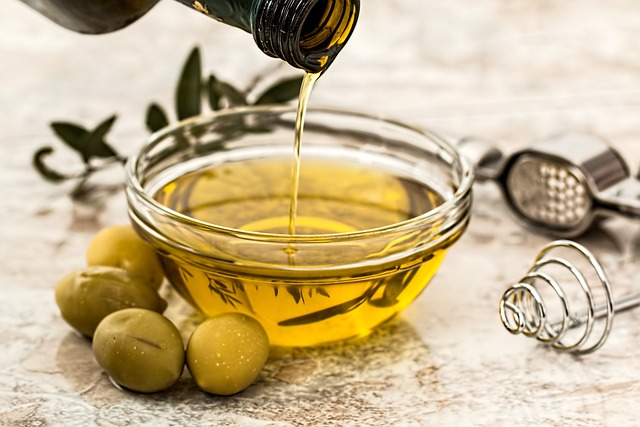
Supplements for Gut Health: Do You Need Them?
If you’re suffering with your gut health, for example with IBS, bloating, SIBO, or candida, the chances are you may have tried restricting your diet in one way or another. When restricting your diet, you need to be careful you’re not missing out on vital nutrients. Eliminating grains, gluten, or FODMAPs for example, may provide temporary relief from your symptoms. But these foods may well contain vital nutrients which you may be missing out on. So, supplements for gut health, do you need them?
Supplements aren’t magic bullets and they won’t compensate for a bad diet. The number one rule is that your diet comes first, although supplements may just be the icing on the cake as far as your health is concerned.
For reasons I’ll explain, it may be a good idea to supplement so you can avoid some of the more common nutrient deficiencies. These deficiencies may cause all sorts of health niggles from headaches, to a lack of energy, digestive issues or hormonal ups and downs.
Whether you decide to supplement or not, a top notch diet is vitally important. You need to be eating nutrient dense foods and avoiding processed products as far as you possibly can. Good quality protein, healthy fats and a rainbow of fruits and vegetables are what’s required.
If you’re worried your diet is impacting your gut health, I’d highly recommend downloading my online course The Ultimate Gut Health Programme to help support both your digestive sysem and hormone health, whilst avoiding triggering symptoms.
It’d be impossible to include all you need to know in one blog, but the programme will have all you need to know to ensure you’re soothing your digestive system, whilst eating delicious and filling foods.
Supplements for gut health: do you need them if you’re eating well?
- Often our diets aren’t as nutrient-packed as they could be. We may eat well for a few days each week and then it might all go to pot when we’re busy at work, away for the weekend or on holiday, for example
- A lot of food is highly processed and contains lots of additives. Whilst much of the fresh produce we consume has been sprayed with pesticides.
- The soil used for farming is alarming depleted in vital minerals, much more so than it was a few decades ago. A great way to overcome this is to use a box scheme – I use Riverford and have done for a long time. Feel free to use this link to get £15 off your order.
- Often fresh produce has travelled a long way to get to your table, and is likely to have been refrigerated for long periods of time. The longer food takes to reach you, the less nutrients it contains.
In addition –
- If you’re suffering with digestive issues such as IBS you may have an underlying problem such as a yeast infection, SIBO or low stomach acid. All these problems affect your gut’s ability to absorb vital nutrients.
- Stress will drastically impact your ability to digest food properly, and hinder your absorption of nutrients. Added to that your body’s stress response will use up lots of nutrients – especially your B-Vitamins.
- Occasions when your body is under extra pressure such as PMS, perimenopause, menopause and especially pregnancy will undoubtedly cause your nutrient requirement to increase.
- Vitamin D will definitely need to be supplemented during the winter months if you live in the Northern Hemisphere.
- A lot of people don’t like fish! Yet the fats that oily fish contain – Omega-3s – are vital to your health and wellbeing. Omega-3s are needed to protect your cardiovascular system, to help your brain function properly, avoid mood disorders and reduce inflammation. If you’re not eating oily fish 2-3 times each week then you’re likely to need to supplement.
Supplements for gut health: which kind of supplements should you take?
Unfortunately the brands you commonly find in supermarkets aren’t great quality. They usually contain a lot of added fillers or even artificial sweeteners or sugars. Added to that the nutrients they contain often aren’t in forms which are easily absorbed by the body. So they won’t do you much good!
Some great quality brands you can easily get hold of in health food shops are Nutri, Biocare, Pure Encapsulations or Cytoplan, for example.
Supplements for gut health: Which ones specifically?
A good quality (from one of the above brands, or similar) multivitamin and mineral. The good quality brands will contain all the nutrients in their most absorbable form, and contain adequate levels of these. Supermarket brands often don’t contain high enough levels of nutrients.
Vitamin D with K2 during the winter.
This is vital to keep your levels topped up after the sun has disappeared. You need good levels of Vitamin-D to keep your immune system healthy, your bones strong and just about every other bodily function you can think of ticking over nicely!
Extra Vitamin-C
Again, this is vital for your immunity, to help your adrenal glands cope with stress and assist in the production of collagen.
Omega-3’s
If you’re not eating plenty of oily fish – at least 2-3 portions each week. Cheap brands may be polluted with heavy metals, so look for a good quality brand such as Nutri.
Finally, if you’re finding life stressful at the moment an adaptogenic supplement such as maca or ginseng may well help you cope with stress more easily.
IMPORTANT: If you’re taking medications of any kind, suspect you may be, or are, pregnant or have any other health concerns always check with your healthcare provider before taking any supplements.
If you would like to speak to me about any aspect of your gut health, then please use this link to book into my diary for a FREE 30 minute chat so I can find out more about what is going on for you. Alternatively please use the ‘Learn More’ link below.
Free Mini Programme
Would You Like to Learn How to Fix Your Digestive Symptoms, Beat the Bloat and Feel Amazing?
1:1 Coaching Plans
Get Ready to Permanently Beat the Bloat, Soothe Your Digestion and Feel Amazing
Ultimate Gut Health Programme
Delicious, Filling & Inspiring ways to Become Symptom-Free, Soothe Your Gut and Enjoy Your Food Again!



